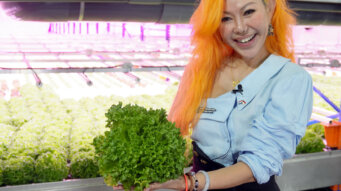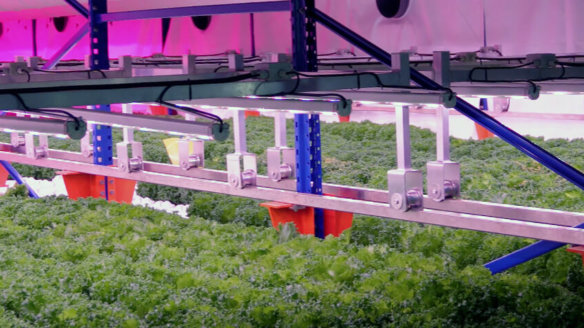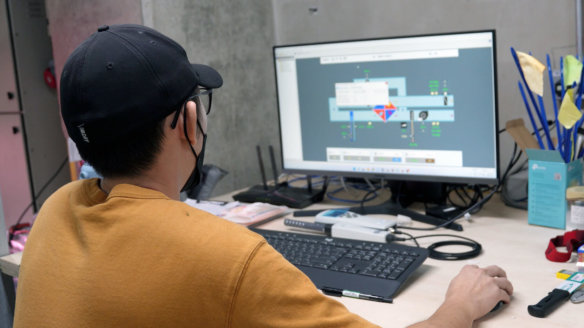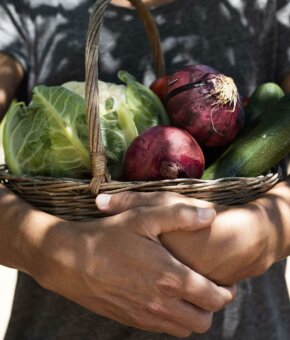
With traditional farming methods no longer sustainable due to climate change and water scarcity, GroGrace’s innovative indoor urban farm is transforming food security in Singapore.
In a world plagued by climate change and water scarcity, traditional farming is no longer sufficient or sustainable. As the global population grows, there is an urgent need for new and innovative ways to produce food. Grace Lim, the co-founder and Director of Urban Farming Partners Singapore, recognized this need and started her own farm, GroGrace, to bring fresh, nutritious produce to families, cities, and even entire countries.
A Scalable Solution to Food Security
GroGrace is Urban Farming Partners Singapore’s first proof-of-concept farm, focusing on indoor farming, which offers a scalable solution to food security that can be implemented within cities. With limited land available for agriculture, indoor farming provides a way to produce fresh, healthy, and sustainable food in urban areas. This aligns with the mission of the Sustainable Urban Delta Foundation, which aims to inspire megacities to make choices that lead to healthy and sustainable urban growth, including the production of local, fresh food.
The Benefits of Indoor Farming

Empowering Cities to be Self-Sufficient
According to Grace Lim, “Indoor farming can empower cities to be able to grow their own food and to be self-sufficient and in a very impactful, very significant way because of the ability of indoor systems to be able to generate large amounts of produce.” This means that cities can become less reliant on food imports and be better equipped to feed their people in times of crisis. Indoor farming is a promising solution for cities like Singapore, where more than 92% of produce is imported from around the world.
Learning from Singapore’s Example
Other cities and countries can learn from Singapore’s example by being more open to alternative ways of growing. As Grace Lim says, “Because we have this issue of land scarcity, Singapore is in a way forced to embrace new ways of growing.” Indoor farming is one such way that can provide a sustainable solution to food production.

In conclusion, indoor farming will play an important role in the future of sustainable food production. With its many benefits, including consistent and reliable harvests, less reliance on weather conditions, and the ability to grow large amounts of produce in small spaces, indoor farming can empower cities and countries to become more self-sufficient in their food production.
By promoting innovative farming practices like indoor farming, the Sustainable Urban Delta Foundation can help cities become more self-sufficient in their food production and reduce their reliance on imported goods. If you want to read more about Singapore’s transformation to a sustainable, food-producing city, check out these articles.



